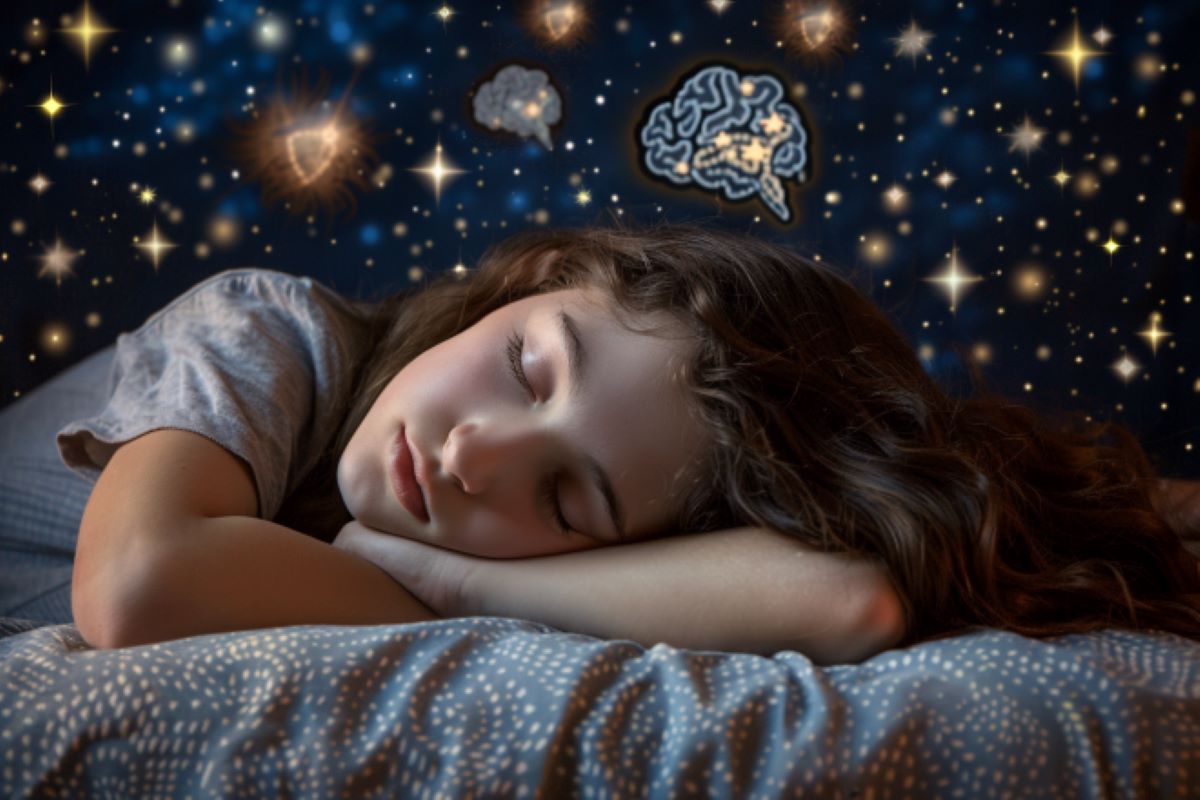How can you tell if your child has depression?

In recent years, there has been a growing emphasis on the mental health and well-being of children, particularly considering the additional stressors like the pandemic and the influence of social media.
Place2Be, a mental health charity for children and young people, reports that one in five children encounter mental health challenges, with half of them recognizing these by the age of 14. Nearly a million children and young individuals accessed mental health services between 2021 and 2022.
So, can children experience depression, and how can you recognize it? Moreover, what steps can parents and caregivers take to provide support?
Dr. Seb Thompson, a consultant CAMHS psychologist at Cygnet Health Care, notes that over the past few years, the prevalence of diagnosable mental health conditions among children and young people aged six to 19 has increased from approximately one in nine to one in six.
“Just as in adulthood, children and adolescents can be affected by various mental health conditions, ranging from mild concerns about specific issues like school to diagnosable conditions such as panic disorder, obsessive-compulsive disorder, post-traumatic stress disorder, attachment difficulties, or depression,” Thompson explains.
He further points out that while other conditions like psychosis, bipolar disorder, or eating disorders are less common in children, they may still arise during adolescence. Additionally, neurodevelopmental conditions such as autism, ADHD, or Tourette’s often have their roots in childhood and may coexist with mental health needs.
Are there specific risk factors for childhood depression?
Thompson emphasizes that mental health conditions typically stem from a combination of factors rather than a single trigger. However, he notes a correlation between adverse childhood experiences and the likelihood of mental health issues.
These adverse experiences, which include abuse, neglect, exposure to domestic violence, family tension, or trauma, can disrupt a child’s sense of safety and stability. While not all children who undergo such experiences develop mental health difficulties, there is a notable link between the number of adverse experiences and the likelihood of experiencing mental health issues.
How can parents and caregivers recognize the signs of depression in children?
Rachel Melville-Thomas, a child and adolescent psychotherapist and spokesperson for the Association of Child Psychotherapists (ACP), suggests that prolonged sadness or loss of interest in previously enjoyed activities could be signs of concern. Additionally, symptoms such as irritability, fatigue, excessive anxiety, or changes in eating and sleeping patterns may indicate depression.
Thompson advises parents and caregivers to observe changes in their child’s behavior, such as withdrawal, altered speech patterns, appetite or sleep disturbances, or changes in coping mechanisms. While it’s crucial to acknowledge typical developmental milestones, parents should trust their instincts if something feels amiss.
How can you distinguish between depression and transient sadness in children?
Melville-Thomas points out that while children can usually articulate reasons for feeling sad, those experiencing depression may struggle to pinpoint a specific cause. Withdrawal from social activities and persistent low mood despite external circumstances can also be indicators of depression.
What steps can parents and caregivers take to support children experiencing depression?
Active listening, taking their concerns seriously, and trusting parental instincts are paramount. Parents should resist the urge to dismiss symptoms as mere hormonal fluctuations or teenage moodiness. Encouraging healthy habits like proper sleep and nutrition, alongside open communication, is crucial.
If depression is suspected, seeking professional assessment from a GP is the first step. Treatment options may include therapy, such as cognitive behavioral therapy (CBT), and, if necessary, medication. It’s also essential for parents to seek support for themselves, as managing a child’s mental health challenges can be emotionally taxing.



